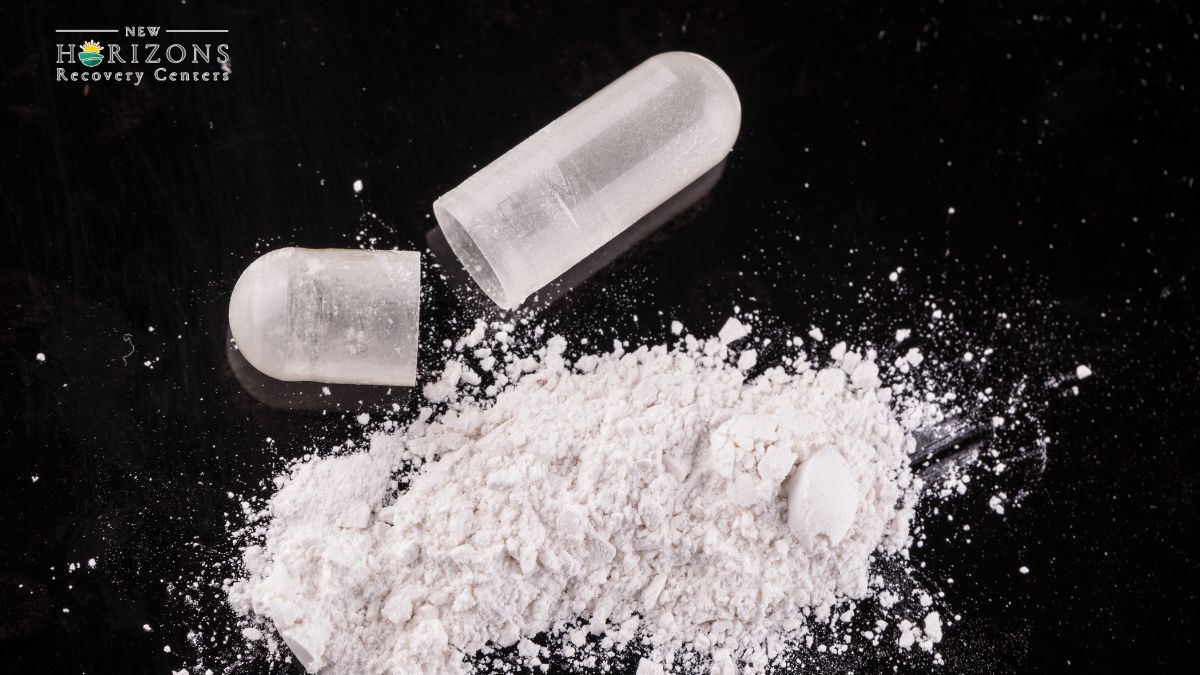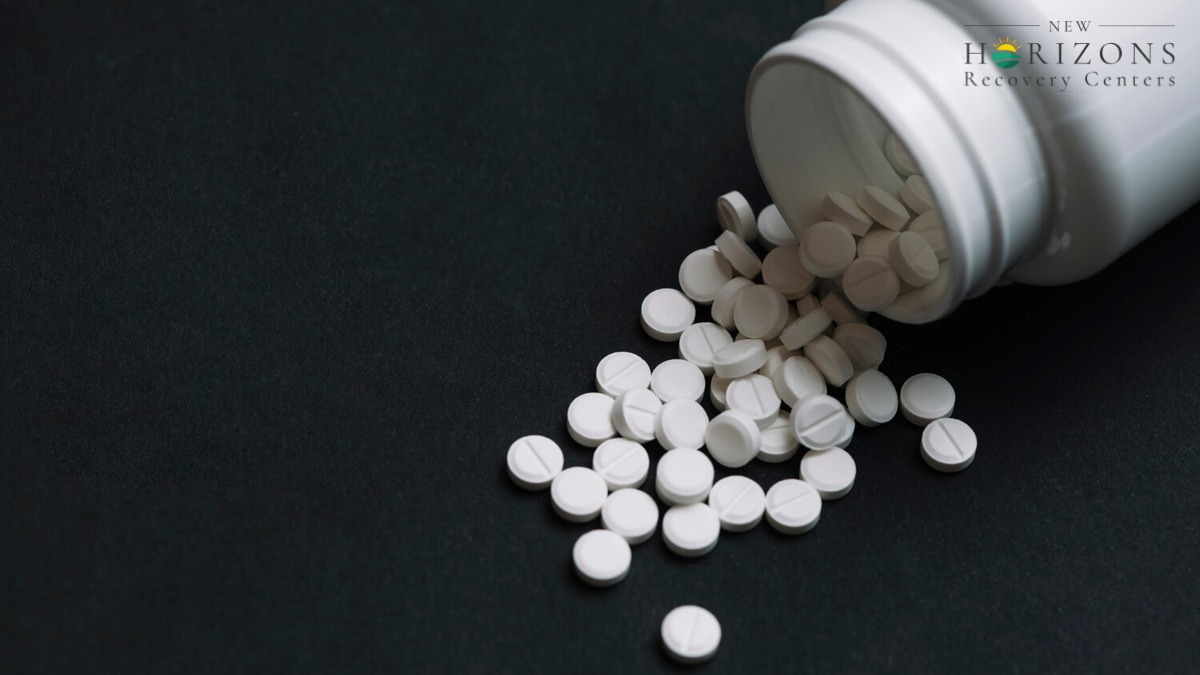Understanding Gout
To gain a better understanding of the beer-gout connection, it is important to first understand what gout is, its causes, and the associated symptoms and risk factors.

What is Gout?
Gout is a type of inflammatory arthritis that occurs when there is a buildup of uric acid crystals in the joints. Uric acid is a waste product that is formed when the body breaks down purines, substances found naturally in the body and certain foods. When there is an excessive production of uric acid or the body is unable to eliminate it efficiently, the uric acid levels in the bloodstream become elevated, leading to the formation of uric acid crystals in the joints.
Causes of Gout
The primary cause of gout is an imbalance in the production and elimination of uric acid in the body. However, several factors can contribute to this imbalance. These include:
- Diet: Consuming foods high in purines, such as organ meats, seafood, and certain types of alcohol, can increase uric acid levels in the body.
- Genetics: Some individuals may have a genetic predisposition to gout, making them more susceptible to elevated uric acid levels.
- Medical Conditions: Certain medical conditions, such as obesity, hypertension, diabetes, and kidney disease, can increase the risk of developing gout.
- Medications: Certain medications, such as diuretics and low-dose aspirin, can interfere with the body's ability to eliminate uric acid, potentially leading to gout.
Symptoms and Risk Factors
Gout typically presents with sudden and intense joint pain, most commonly affecting the big toe. Other joints, such as the ankles, knees, elbows, wrists, and fingers, can also be affected. The affected joint may become swollen, red, and tender to the touch. Gout attacks often occur at night and can last for several days or weeks.
Certain factors can increase the risk of developing gout. These include:
- Gender: Men are more prone to developing gout than women, although postmenopausal women have an increased risk.
- Age: Gout is more common in individuals over the age of 40.
- Family History: Having a family history of gout increases the likelihood of developing the condition.
- Obesity: Excess body weight can contribute to higher uric acid levels and increase the risk of gout.
Understanding the basics of gout, its causes, and the associated symptoms and risk factors is essential for dispelling myths and exploring the relationship between beer consumption and gout. By examining the role of alcohol in gout and considering various contributing factors, we can gain a comprehensive understanding of this complex condition.
Exploring the Beer-Gout Connection
When it comes to gout, there has been a long-standing belief that beer consumption is a major trigger for gout attacks. In this section, we will delve into the beer-gout connection, debunk common myths, and examine whether beer is indeed a significant culprit when it comes to gout.
Debunking Common Myths
There are several myths surrounding the relationship between beer and gout that need to be addressed. Let's take a closer look at some of these misconceptions:
- Myth: Beer is the sole cause of gout. While it is true that excessive alcohol consumption can contribute to gout, beer is not the only alcoholic beverage associated with this condition. Other alcoholic drinks, such as spirits and wine, have also been linked to gout. It's important to consider the overall alcohol intake, rather than solely blaming beer.
- Myth: All types of beer have the same effect on gout. Not all beers are created equal in terms of their impact on gout. Some beers have higher purine content, which can lead to increased uric acid production and potentially trigger gout attacks. However, there are also low-purine beer options available that may be less likely to exacerbate gout symptoms.
- Myth: Drinking beer in moderation is safe for individuals with gout. While moderation is generally advised when it comes to alcohol consumption, it's essential to recognize that even moderate beer intake can contribute to gout. Factors such as individual susceptibility, overall diet, and lifestyle choices also play a role in gout development, so caution should be exercised regardless of the quantity consumed.
Is Beer a Major Trigger for Gout?
The association between beer and gout can be attributed to the presence of purines, compounds that are broken down into uric acid in the body. Elevated levels of uric acid can lead to the formation of urate crystals in the joints, resulting in gouty arthritis.
To better understand the impact of beer on gout, let's take a look at the purine content of various beer types:
Beer Type and Purine Content (mg/100 mL)
Regular Beer: 4 - 24
Light Beer: 1 - 10
Non-Alcoholic Beer: 1 - 10
From the table, it can be observed that regular beer generally has a higher purine content compared to light beer and non-alcoholic beer. However, it's important to note that individual responses to purines may vary, and other factors such as overall diet and lifestyle also contribute to gout development.
While beer can be a potential trigger for gout, it's crucial to adopt a holistic approach to managing the condition. This includes moderating alcohol intake, maintaining a balanced diet, staying hydrated, and consulting with a healthcare professional for personalized advice.
By dispelling myths and understanding the nuances of the beer-gout connection, individuals with gout can make informed decisions about their alcohol consumption while taking into account other contributing factors to effectively manage their condition.
The Role of Alcohol in Gout
Gout, a form of arthritis, is often associated with alcohol consumption. Understanding the relationship between alcohol and gout is crucial for individuals who are concerned about their risk factors. In this section, we will explore the role of alcohol in gout, including its impact on uric acid levels and the association of other alcoholic beverages with gout.
Alcohol and Uric Acid Levels
Uric acid is a waste product that is naturally produced by the body during the breakdown of purines, which are found in certain foods and beverages. Elevated levels of uric acid in the blood can lead to the formation of urate crystals, which can accumulate in the joints and cause gout.
Alcohol, particularly beer, has long been suspected of increasing uric acid levels in the body. However, the relationship between alcohol and uric acid is complex and can vary depending on individual factors such as genetics and overall health.
Alcoholic Beverage and Effect on Uric Acid Levels
Beer: Moderate to high increase
Spirits (e.g., whiskey, vodka): Slight increase
Wine: Slight increase
Non-alcoholic beer: No significant effect
It's important to note that while beer has been linked to higher uric acid levels, not all individuals who consume beer will develop gout. Other factors such as diet, lifestyle, and genetics play a significant role in determining an individual's susceptibility to gout.
Other Alcoholic Beverages and Gout
While beer has often been singled out in discussions about gout, it's important to recognize that other alcoholic beverages can also contribute to the risk of developing gout. Spirits such as whiskey and vodka, as well as wine, have been associated with a slight increase in uric acid levels.
It's worth noting that non-alcoholic beer has no significant effect on uric acid levels. This suggests that it is not the alcohol content alone that contributes to gout risk, but rather the combination of alcohol and other factors.
Individuals who are concerned about their risk of gout should consider their overall alcohol consumption, including the type and quantity of alcoholic beverages consumed. It is advisable to consult with a healthcare professional to assess individual risk factors and receive personalized advice.
By understanding the role of alcohol in gout and its impact on uric acid levels, individuals can make informed decisions about their alcohol consumption while considering other contributing factors. Moderation and balance are key when it comes to managing gout and enjoying alcoholic beverages responsibly.
Factors Contributing to Gout
Gout is a complex condition influenced by various factors. Understanding these factors can help individuals manage and reduce the risk of gout flare-ups. In this section, we will explore the role of diet, genetics, and lifestyle in contributing to gout.
Diet and Gout
Diet plays a significant role in gout development and management. Certain foods and beverages can contribute to higher levels of uric acid in the body, which increases the risk of gout flare-ups. It's important to note that excessive consumption of any food or beverage can potentially trigger gout, including beer.
To better understand the impact of diet on gout, here are some key factors to consider:
Dietary Factors and Influence on Gout
High-Purine Foods: Foods rich in purines, such as organ meats, seafood, and some vegetables, can increase uric acid levels. These foods should be consumed in moderation.
Fructose: High intake of fructose, commonly found in sugary beverages and some fruits, is associated with increased uric acid production. Limiting fructose consumption can be beneficial for individuals with gout.
Alcohol: Alcohol, including beer, can contribute to gout by increasing uric acid production and impairing its excretion. Moderation is key, and individuals with gout should consult with their healthcare professional regarding alcohol consumption.
Genetics and Gout
Genetics also play a role in gout susceptibility. Some individuals have a genetic predisposition that makes them more prone to developing the condition. Specific gene variants can affect the body's ability to process and eliminate uric acid, leading to higher levels in the blood.
While genetic factors cannot be changed, understanding your genetic predisposition can help guide lifestyle choices and treatment plans. If you have a family history of gout, it may be beneficial to discuss this with your healthcare professional for personalized guidance.
Lifestyle Factors and Gout
Lifestyle factors can significantly impact gout development and management. Here are some key factors to consider:
Lifestyle Factors and Influence on Gout
Obesity: Excess weight can contribute to higher uric acid levels and increase the risk of gout. Maintaining a healthy weight through regular exercise and a balanced diet is important for gout management.
Sedentary Lifestyle: Lack of physical activity can contribute to gout development. Engaging in regular exercise and staying active can help reduce the risk of gout flare-ups.
Medications: Certain medications, such as diuretics and low-dose aspirin, can contribute to gout by affecting uric acid levels. If you have gout and are taking these medications, it's important to discuss them with your healthcare professional.
Understanding the various factors that contribute to gout can empower individuals to make informed decisions and take proactive steps in managing the condition. By adopting a balanced diet, considering genetic predispositions, and prioritizing a healthy lifestyle, individuals with gout can minimize the risk of flare-ups and lead a more comfortable life.
Managing Gout and Enjoying Beer
For individuals with gout who also enjoy beer, it is possible to find a balance that allows for the enjoyment of this popular beverage while managing the condition. By following certain guidelines and working closely with a healthcare professional, individuals with gout can make informed decisions about their beer consumption. Here are some key considerations:
Moderation and Balance
Moderation is key when it comes to enjoying beer with gout. While excessive alcohol consumption can increase the risk of gout attacks, moderate consumption may not pose significant problems for everyone. It is important to understand your body's response and tolerance to beer and adjust your consumption accordingly.
The American Heart Association defines moderate alcohol consumption as up to one drink per day for women and up to two drinks per day for men. However, it is essential to consult with your healthcare professional to determine the appropriate limits based on your individual circumstances and health status.
Tips for Managing Gout
In addition to moderation, there are several tips that can help individuals with gout manage their condition while still enjoying beer:
- Stay Hydrated: Drinking plenty of water can help flush out uric acid from the body, reducing the risk of gout attacks. It is essential to maintain adequate hydration, especially when consuming alcohol.
- Choose Low-Purine Beers: Some beers have lower purine content, which is important because purines break down into uric acid in the body. Light beers, for example, generally have lower purine levels compared to darker or craft beers. It is recommended to consult with your healthcare professional to determine which types of beer are better suited for your condition.
- Avoid Beer Binges: Consuming large amounts of beer in a short period can increase the likelihood of a gout attack. Spacing out your beer consumption and avoiding excessive drinking sessions can help minimize the risk.
- Pair Beer with a Balanced Diet: Maintaining a well-balanced diet that is low in purines can help offset the impact of beer consumption. Focus on incorporating plenty of fruits, vegetables, whole grains, and lean proteins into your meals.
Consultation with a Healthcare Professional
Lastly, it is crucial to consult with a healthcare professional or a registered dietitian who specializes in gout management. They can provide personalized advice based on your medical history, overall health, and specific needs. They may recommend adjustments to your diet, lifestyle modifications, and offer guidance on managing gout while enjoying beer responsibly.
Remember, every individual's experience with gout is unique, and what works for one person may not work for another. By working closely with a healthcare professional and making informed choices about beer consumption, individuals with gout can strike a balance that allows them to enjoy their favorite beverage while effectively managing their condition.
Sources
Beer and gout: Link and effect on gout flares






-ink.jpeg)
